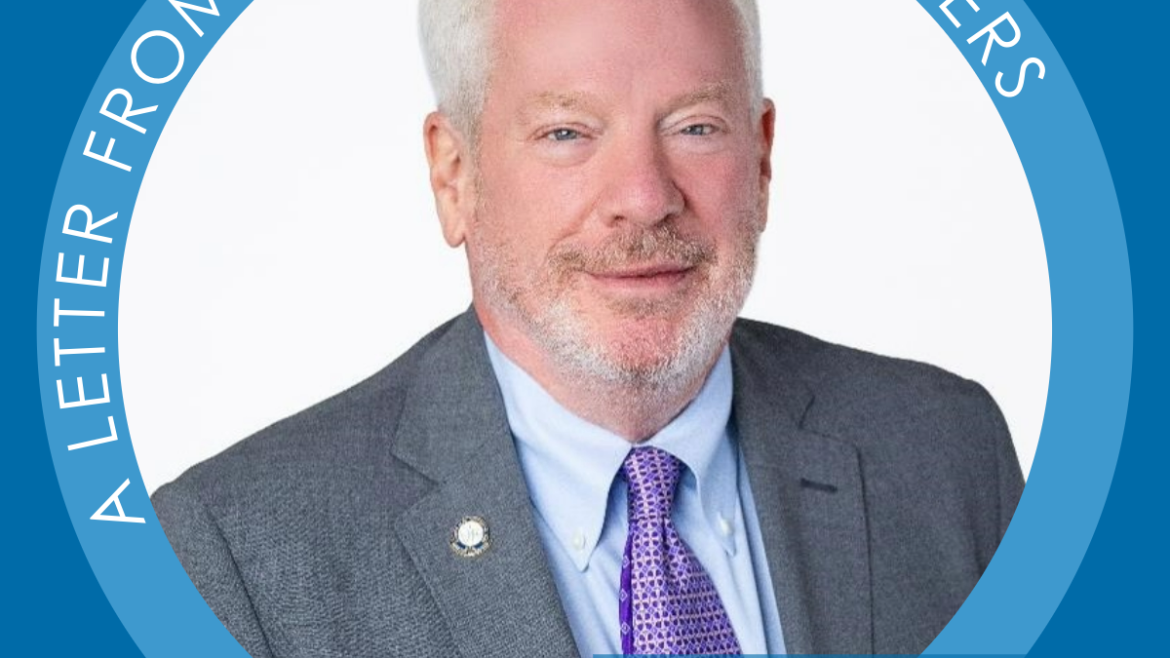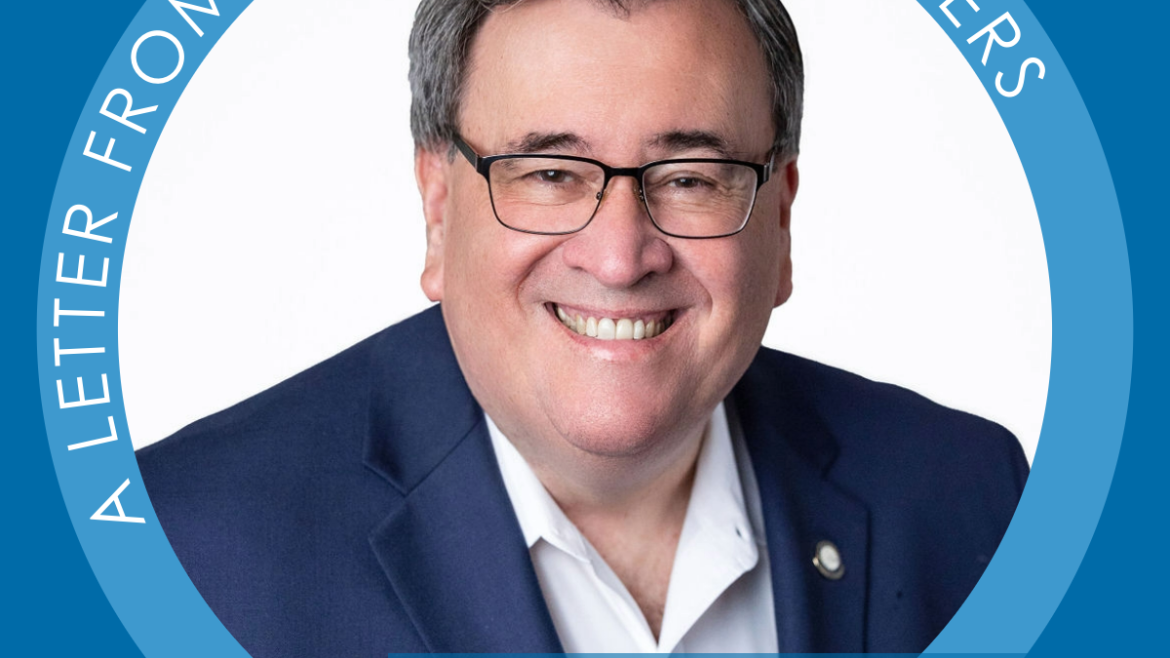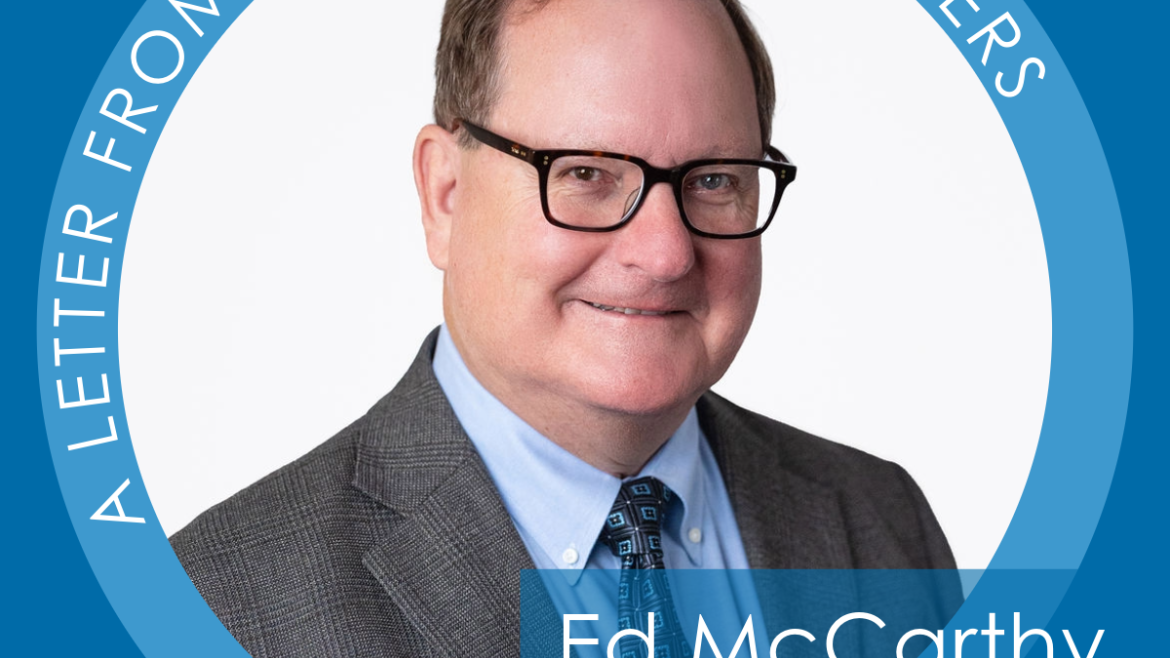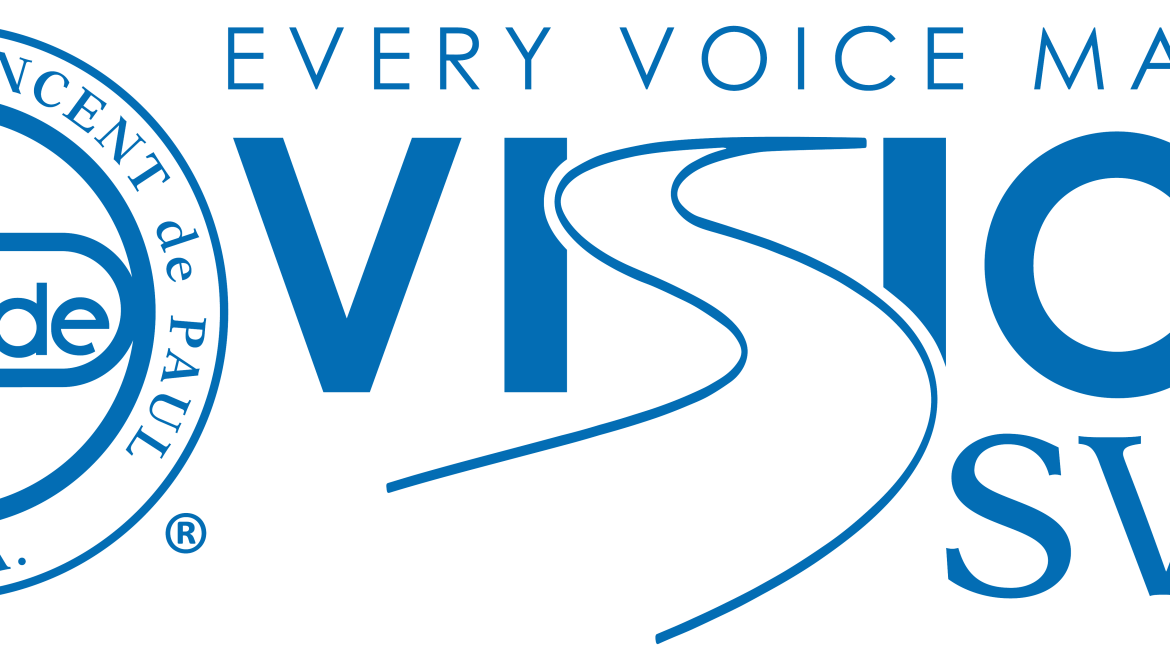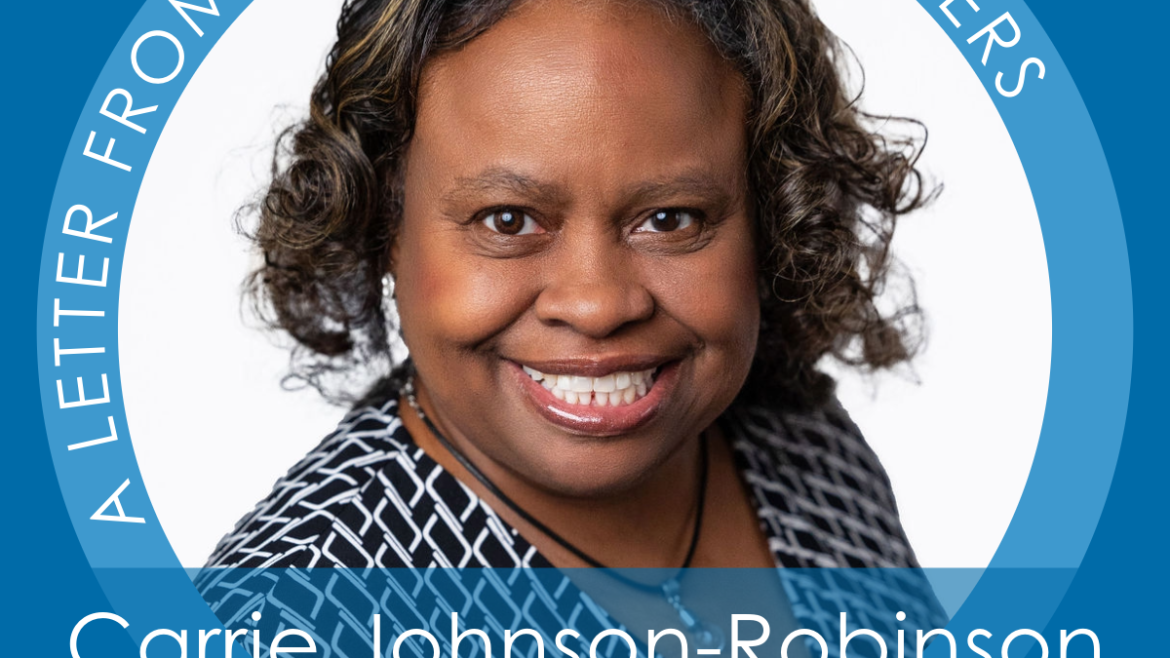By John Berry
National President
Over the last few months, as we’ve launched our VisionSVdP initiative and begun to conduct our ‘family conversations’ regarding how the Society of St. Vincent de Paul USA will adapt to a changing world, the feedback I have received from Vincentians across the country has been overwhelmingly positive and excited. People feel that this is the perfect time for us to have these conversations and in many cases, they feel the conversations are long overdue.
From the very first email that went out about VisionSVdP, people have been sending me their thoughts and ideas. Although the process is designed to take place in the Listening Sessions (which begin at Regional Meetings across the country this week), people felt so passionately about the things that they believe needed to be discussed, that they decided to send comments in via email.
Be assured that, if you were one of those people, your comments will be included in the process. But I hope that you will still actively participate in the Listening Session at your Conference, Council, or Region and make your views known. Because your voice matters. Every voice matters.
The number and variety of comments I’ve received have been very interesting. They range from the very specific to the very broad. And that’s fantastic because it is exactly what VisionSVdP is all about — to raise up all thoughts, opinions, and ideas on all aspects of the Society and how we can adapt to a changing world.
This week, the most important phase of VisionSVdP begins. Listening Sessions at Regional Meetings (the Southeast meeting starts Friday) will begin an all-out national network of Listening Sessions at EVERY Conference, Council, and Special Work in the country.
Within the next few weeks, a very simple process for conducting the Listening Session at your location will be sent out. The process is very easy. Some guide rails and guidelines for the sessions will be included. And most importantly, the process for getting the output from the session back to the National Office will be provided. A link to a video from Archbishop Bellisario and a link to a spiritual song and prayer to kick off the conversation will also be provided.
We are asking all Councils, Conferences, and Special Works to have their Listening Sessions completed by the National Assembly in August.
But not everyone is on board. Some people still have doubts about why we’re embarking on this effort. And some people don’t understand how it’s supposed to work. Some people are uncomfortable without strict process guidelines, and some people are uncomfortable sharing in a group.
I understand that. And I appreciate that we’re never going to get 100% buy-in to anything we try to do. No one does. That’s just life. Baskin-Robbins sells 31 flavors because not everyone likes chocolate, right?
But EVERY VOICE MATTERS. Even the ones who think theirs doesn’t — or those who don’t want to share theirs — or those who don’t understand why we want to hear it. But it matters. And we need to hear it. And you deserve to have it heard.
So please, put aside your doubts (should you have any), put aside your fears (should you have some), and put aside your hesitancies to participate (should you hold them) and let us know what you think.
Because every voice matters. Every. Single. One.
Peace and God’s Blessings,
John

